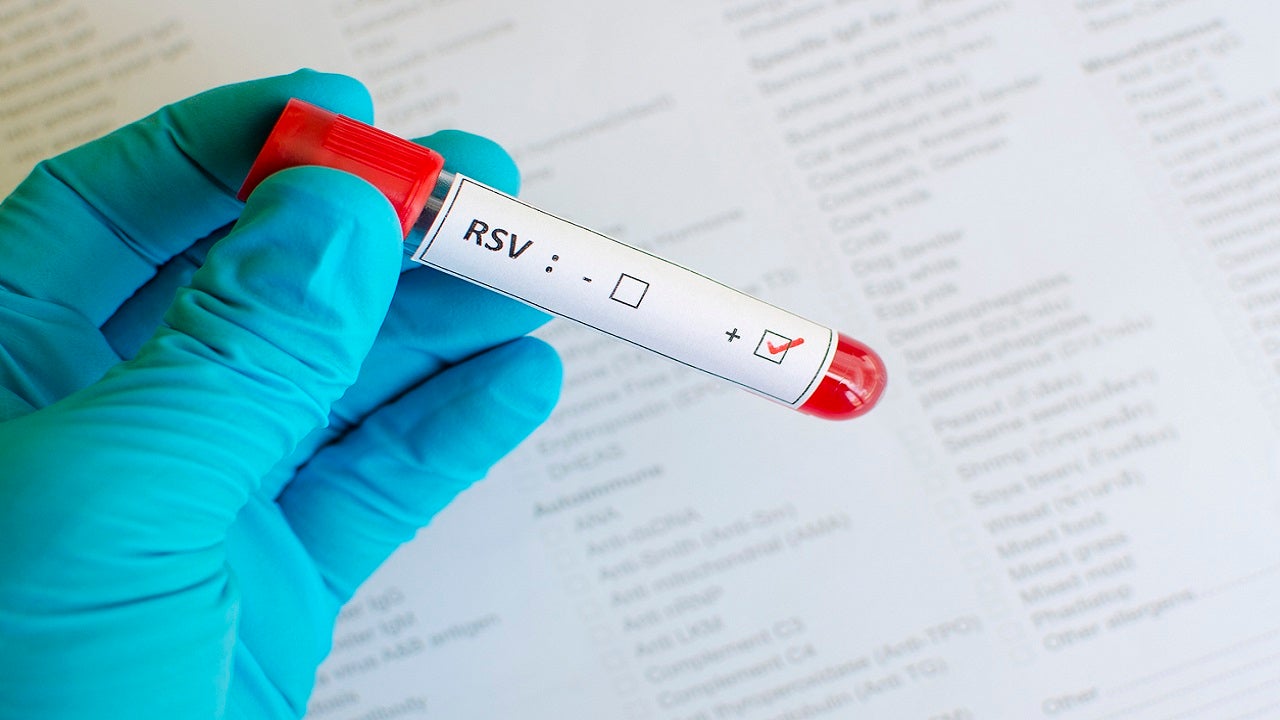The Centers for Disease Control and Prevention (CDC) warned Monday about an outbreak of digestive-health” target=”_blank”>salmonella< bearded dragons.
In an investigation notice, the agency said there had been 44 illnesses and 15 hospitalizations reported across 25 states.
SALMONELLA OUTBREAK FROM UNKNOWN SOURCE SPREADS TO 29 STATES
No deaths have been reported.
“Bearded dragons can carry salmonella germs in their droppings even if they look healthy and clean. These germs can easily spread to their bodies and anything in the area where they live and roam,” the CDC explained. “You can get sick from touching your bearded dragon or anything in its environment and then touching your mouth and swallowing salmonella germs.”
To stay healthy around pet bearded dragons, owners should always wash hands thoroughly with soap and water right after touching or feeding it or cleaning the area where it lives, avoid kissing or snuggling the bearded dragon, make sure not to eat or drink around it, keep it away from the kitchen, keep bearded dragon supplies out of the house and clean supplies away from the kitchen.
The CDC noted that bearded dragons and other reptiles are not recommended for children younger than 5, adults aged 65 and older and people with weakened immune systems.

A bearded dragon perches on a person’s palm
(iStock)
Salmonella bacteria cause about 1.35 million infections, 26,500 hospitalizations and 420 deaths in the U.S. every year, and food is the source for most of these illnesses.
Symptoms of salmonella include diarrhea, fever and stomach cramps and usually begin six hours to six days after swallowing the bacteria.
BEARDED DRAGONS LINKED TO SALMONELLA OUTBREAK ACROSS 8 STATES, CDC SAYS
Most people recover without treatment after four to seven days.
CLICK HERE TO GET THE FOX NEWS APP
However, some people – especially those with weakened immune systems, children younger than 5 and adults older than 65 – may experience more severe illness, requiring medical treatment or hospitalization.









